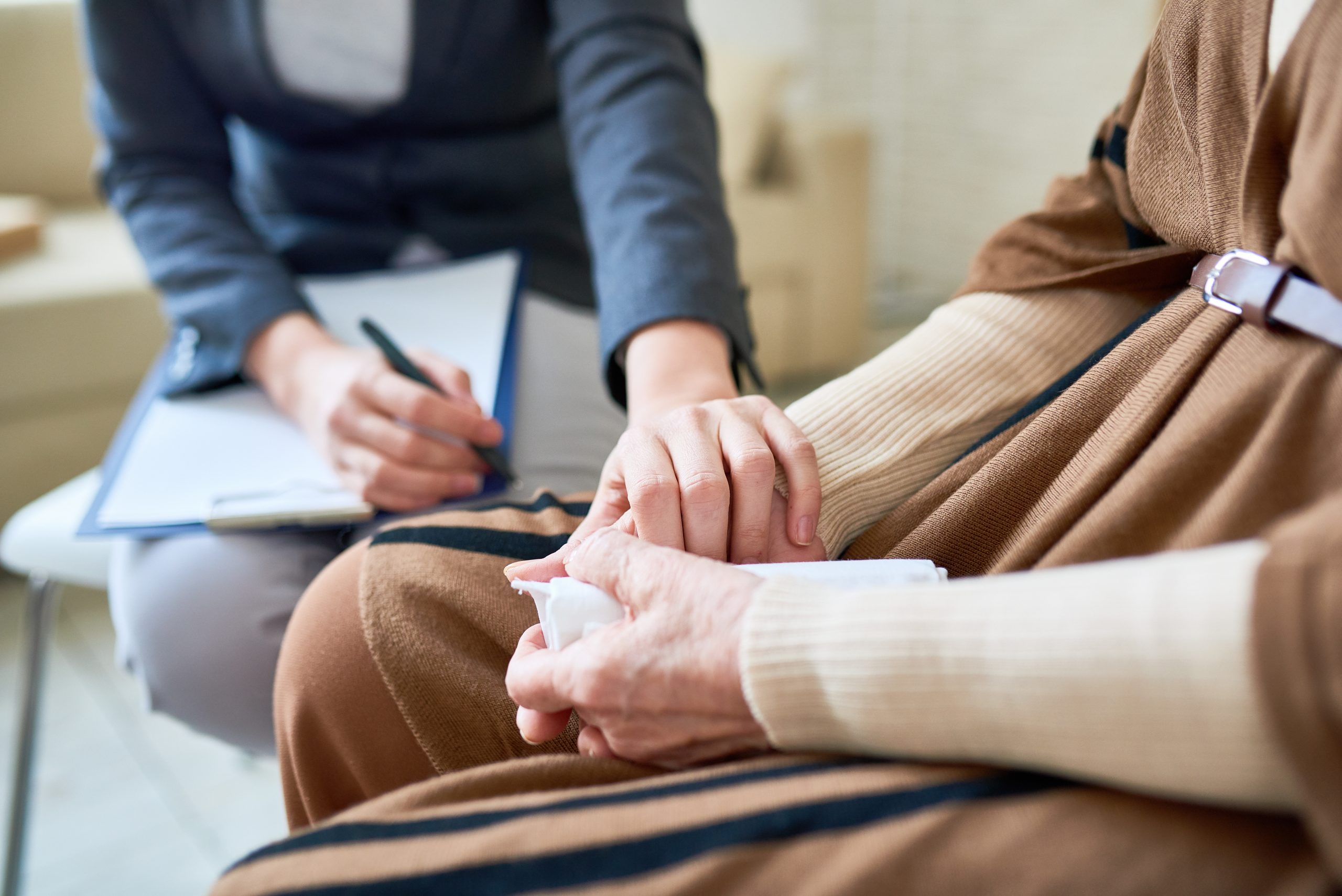Signs You Haven’t Grieved Properly
Signs You Haven’t Grieved Properly
Signs You Haven’t Grieved Properly by Lianna Champ for Red Online
Healthy grief is what we experience when we allow ourselves to feel the pain of our loss. We take time to identify and understand what we are feeling and over time come to an acceptance of what has happened. Even though we never lose the pain of missing that person, we are still able to continue with living and experience happiness. We live through our intellect, planning our actions and reactions. Grief is not an intellectual reaction, it is an emotional one. We can’t think ourselves through grief, we have to experience it.
If we have been unable to grieve our losses, for whatever reason, we may suffer with unresolved grief. Unresolved grief is like trying to drive a car with the handbrake on – we will only be able to function at a certain level. Grief that is withheld and not recognised can have a negative impact on us emotionally as well as physically. If we unconsciously delay the grief process and withhold emotions, this can manifest itself in physical ways – headaches, difficulty sleeping, ailments, stomach problems.
Here are 6 common signs that you haven’t grieved properly:
- Not wanting to speak about or acknowledge the loss;
- Overactivity – either working or spending too of time of a hobby to distract yourself.
- Isolating and detaching from family and friends
- Indulging in bad habits – over or under eating; alcohol; risky behaviour etc
- Spending lots of time sleeping
- Having a massive over reaction to a relatively small event.
- Avoiding getting close to people and starting new relationships for fear of being hurt.
If you don’t do anything to reconcile your losses, it doesn’t matter how much time passes, the pain still remains and will still be as strong. If you have been surprised by your reaction to a lesser loss, it may be a sign that you have unresolved grief from previous losses. You may be left with a feeling of being out of control, burying your pain deeper and losing your voice in the process. So it is valuable for our recovery to recognise if we have created negative coping mechanisms to block out or reduce our painful feelings.
Here are some tips to help with unresolved grief
- Talk about your loss with those you feel safe with. Remember if we can talk about our losses at the time they occur, it is more likely that we will have a support network around us and can work through our grief it the way that is right, natural and authentic for us.
- Write down what you are feeling. Be honest with yourself. Sometimes we feel guilty if we missed an opportunity to say or do something and this can keep us stuck in a loop.
- Remember that grief evolves. Not only do we grieve at the time of our losses but also as we enter new stages and milestones in our lives. Accept that we will always have those moments of sadness and let that be ok.
Read the article online here.
